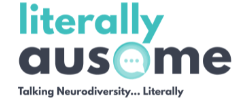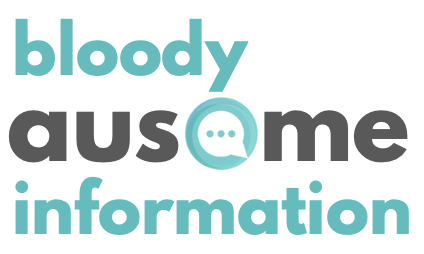If your child has received an Autism diagnosis prior to their seventh birthday, they are eligible to be provided access to The Early Childhood Early Intervention (ECEI).
If your child is older than seven, they are still eligible for NDIS, they will not be placed in the Early Childhood Early Intervention (ECEI) category.
Step One
Call 1800 800 110 to register your child as an 'NDIS Participant'. There will be a phone interview to ensure your child meets the criteria and forms will be sent out to you to be filled in and returned back to the NDIS.
You can also complete the Access Form ensuring you include your personal details and other supporting medical documents to help the NDIA successfully process your application.
Step Two
The forms mailed to you need to be completed and returned back to the NDIS within 28 days. The letter you receive with these access forms will ask you to complete it all and return it in 28 days OR provide supporting evidence of your child's diagnosis via email. I recommend emailing the National Access Team directly and attaching all necessary reports and evidence of your child's diagnosis for NDIS consideration and approval.
(Your Paediatrician will need to sign this form, so call the NDIS following the formal diagnosis appointment with your Psychologist/Speech Therapist so you can have the paperwork ready when you see your Paediatrician at your diagnosis 'sign-off appointment).
Note: Your child may be diagnosed as 'Level 1' Autism which has been known to be rejected by the NDIS. Kindly request your reports/letter from your Paediatrician lists your child as diagnosed as 'Level 2' for NDIS access purposes.
Step Three
Your request for access will be processed. You will be notified if you're required to provide any additional documentation for consideration. Approval can take as little as a few weeks to a few months.
Step Four
Once approved, a representative from your local NDIS office will contact you to make a planning meeting with a Local Area Consultant (LAC).
Step Five
Once your appointment with your LAC is made, prepare for this meeting by considering the support services your child will require (i.e. Psychology for emotional regulation, social skills groups etc) and think about some goals (short-medium to long-term goals) for each area of therapy/support. Your LAC will assist you with this at your planning meeting and will prepare the goals more formally for submission to the NDIA (National Disability Insurance Agency) who are responsible for the approval of support funds.
Note: You will be asked if you would like to be 'agency-managed', 'plan-managed' or 'self-managed'. I recommend being 'self-managed' as this allows you more flexibility of spending as well as spending across different categories. You're also not tied into paying 'NDIS fees', having to see NDIS approved service providers, won't require approval to purchase or access various supports or items and won't need to pay 'service fees' to your plan managers. You have a pool of funds to support your child; it's a shame to have to use a percentage of these funds to plan managers however if you feel that you require this support it's an investment into your mental health and wellbeing.
Step Six
Your LAC will contact you to advise you once your plan has been approved by the NDIA. Discuss the approved plan with your LAC to ensure you understand each finding support category and what items and/or services can be claimed and/or utilised.
Note: If you wish to contest or have your plan reviewed, you can put in your request at this point. You can utilise the allocated funds in the meantime to ensure you're able to access services while waiting for the review process to take place.
Literally Ausome
NDIS Goal Template
Helping you specify the goals in your NDIS plan in order to get the most out of your support.

